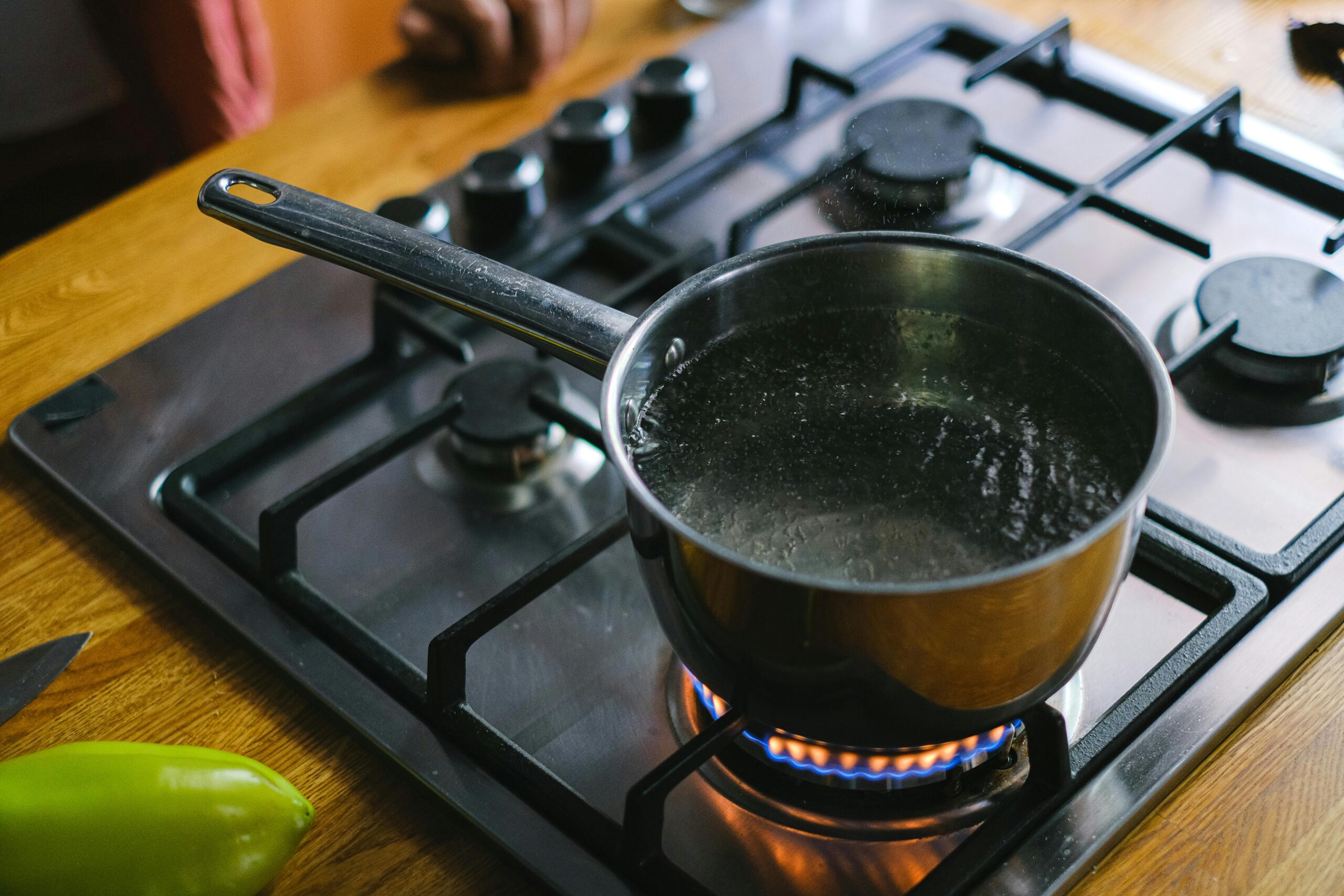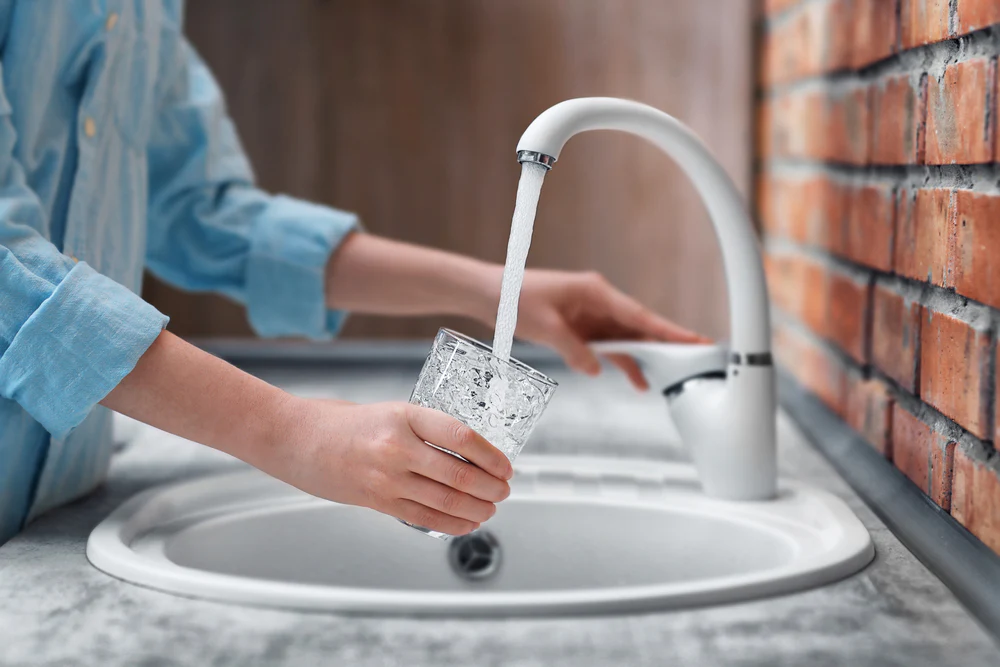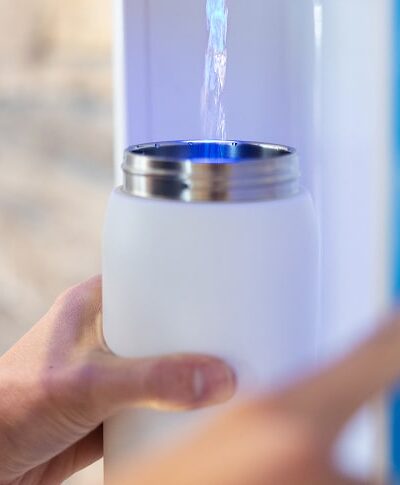Access to clean and safe drinking water is a priority for every household. While boiling water is a well-known method to kill harmful bacteria and pathogens, many wonder if it is effective in removing harmful contaminants such as lead, heavy metals, and other pollutants. In this article, we delve into the science behind boiling water and its efficacy in purifying drinking water.
What Does Boiling Water Do?
Boiling water is one of the oldest and simplest methods to eliminate biological contaminants like bacteria, viruses, and protozoa. When water reaches a temperature of 100°C (212°F) and is maintained at a rolling boil for at least 1-3 minutes (depending on altitude), it effectively neutralizes most microorganisms that can cause illness.
However, when it comes to non-biological contaminants such as lead, nitrates, and other heavy metals, boiling water has its limitations.
Does Boiling Remove Lead?
No, boiling water does not remove lead. In fact, it can make the problem worse. As water boils, it evaporates, leaving behind a smaller volume of liquid. This can result in a higher concentration of lead in the remaining water. Lead, being a heavy metal, is not broken down or eliminated by heat.
The Environmental Protection Agency (EPA) advises that boiling water is ineffective for lead removal. Instead, methods such as reverse osmosis, carbon block filters, or specially designed water filtration systems are recommended.
What About Other Contaminants?
Similarly, boiling is not effective for removing other contaminants such as:
- Heavy Metals (e.g., arsenic, mercury): These remain in the water post-boiling.
- Chemical Pollutants (e.g., pesticides, herbicides): Boiling does not neutralize these chemicals.
- Volatile Organic Compounds (VOCs): Some VOCs may actually become more concentrated when water is boiled.
The limitations of boiling water underscore the need for advanced filtration systems to ensure comprehensive water purification.
Effective Methods for Removing Contaminants
To protect yourself and your family, consider using a reliable water filtration system. Here are some of the most effective methods:
- Activated Carbon Filters: Removes chlorine, sediment, and certain VOCs but may not filter out heavy metals.
- Reverse Osmosis and Activated Osmosis: Highly effective at removing lead, heavy metals, and most contaminants, making it ideal for households with lead concerns.
- FloWater Refill Stations: Designed to remove up to 99% of contaminants, including lead, using advanced filtration technologies. The 7x Advanced Filtration is more effective and more comprehensive than a simple single-step filter.
Why Clean Water Matters
Consuming contaminated water over time can lead to serious health risks, including developmental delays in children, kidney damage, and neurological effects. This is particularly true for lead, which has no safe exposure level according to the CDC.
Conclusion
Boiling water is effective in eliminating biological contaminants but is not a solution for removing lead, heavy metals, or chemical pollutants. For complete protection, investing in a high-quality water filtration system like FloWater ensures that you and your family can enjoy clean, safe, and refreshing water every day.




